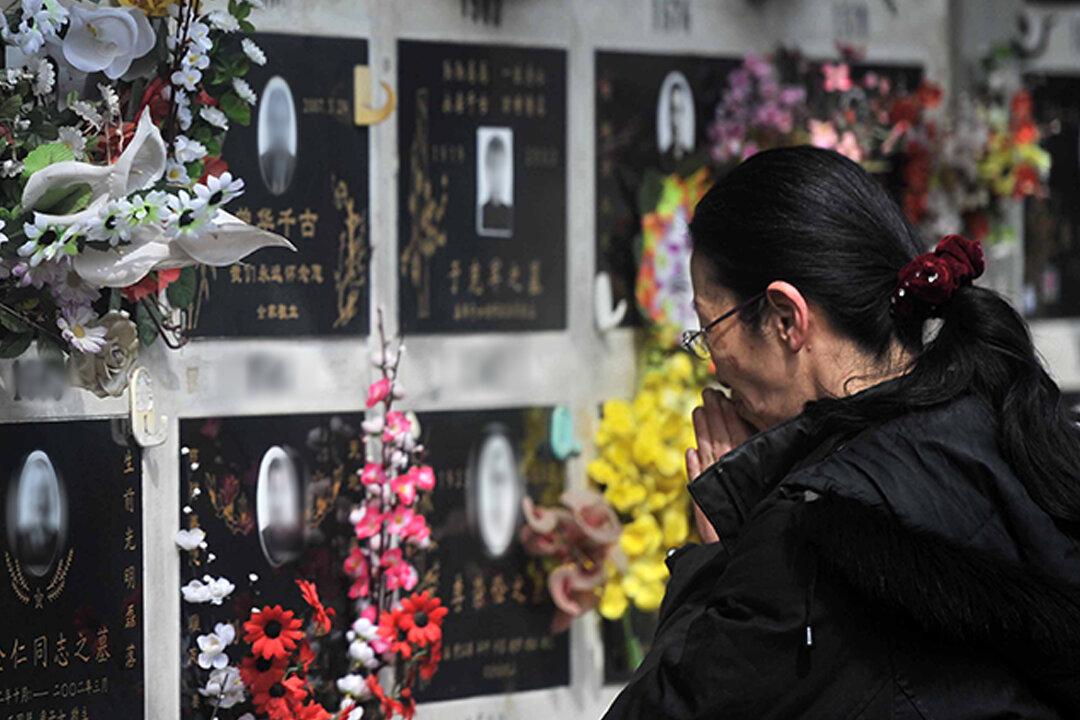In Suizhou, Hubei Province, the city of Guangshui has ignited fury among its residents due to its stringent enforcement of a mandatory cremation and public cemetery policy since March. The controversial measure spurred a three-day uproar in Changling Town, with thousands taking to the streets demanding its retraction.
Mr. Ding (pseudonym), a resident and participant in the protests, said there was significant turnout, including the involvement of numerous elderly citizens from Changling Town and neighboring areas. The demonstrations, which commenced on May 1, witnessed a surge of support from residents incensed by the policy’s implications.




